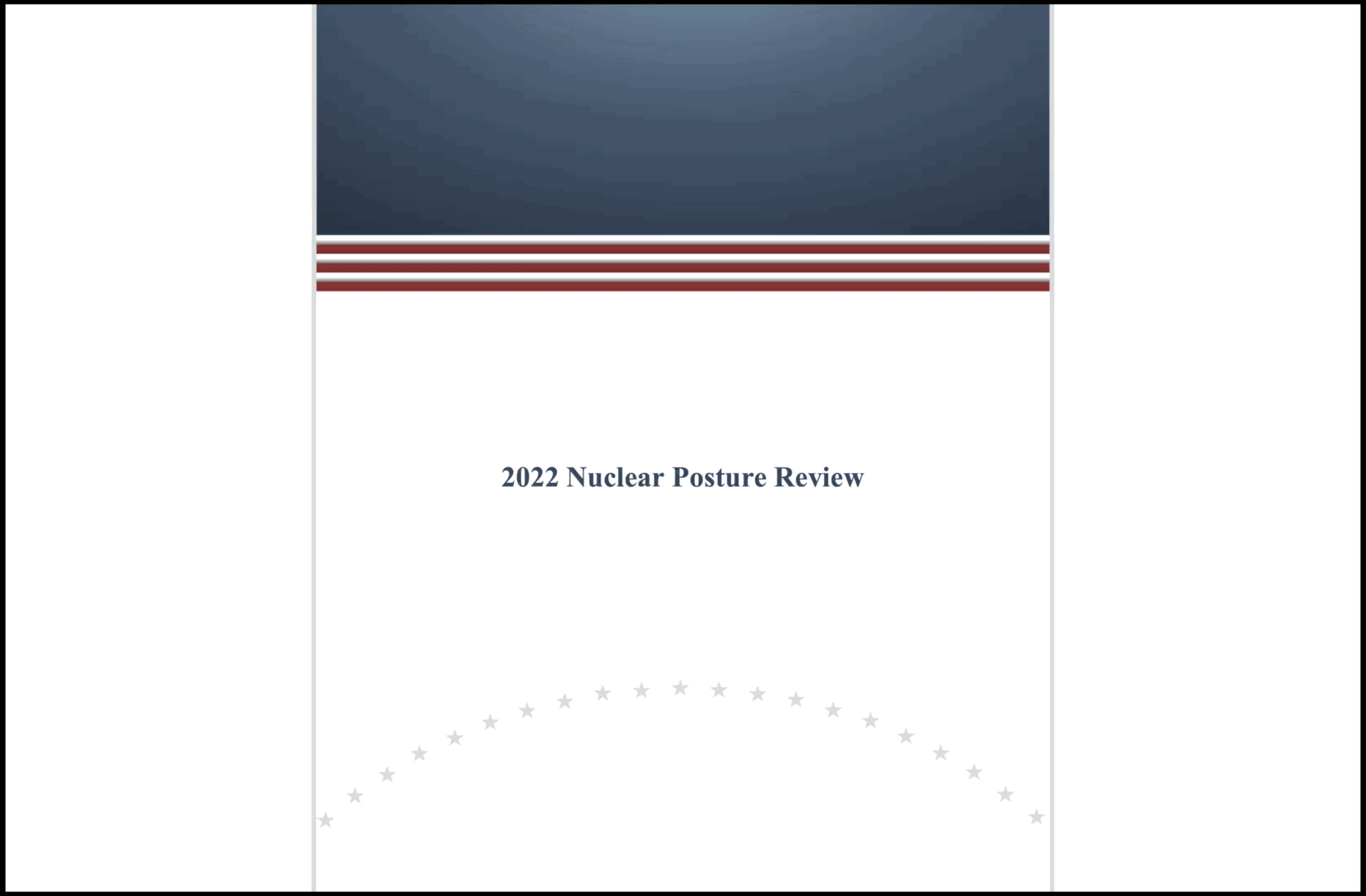
President Joe Biden has passed on his best chance to operationalize his stated goal of reducing the role in US security policy of America’s more than 5,400 nuclear weapons with the public release on October 27 of the Nuclear Posture Review (NPR).
Biden is now the 14th president over eight decades to attempt to reconcile the risks that derive from nuclear deployments with the demands of deterrence. He has discovered how difficult this can be.
Biden’s NPR adjusts nuclear policy and programs at the margins while making no significant changes to the Pentagon’s budgets and deployments. It endorsed dozens of nuclear-weapons programs that will cost an estimated $634 billion over this decade, according to a May 2021 assessment from the Congressional Budget Office. Including in that estimate missile defense programs, weapons programs added after the Congress report and expected inflation could bring the cost to almost $1 trillion per decade for several decades to come.
This includes proceeding with a new land-based, long-range missile rushed toward production in the last months of the Trump administration without examining less expensive and less dangerous alternatives to its production. That project alone could cost $264 billion overall.

This failure is not unique to Biden. Every president in the nuclear age has struggled to control the weapons supposedly under his sole authority. Primarily this is because US nuclear posture is not a rational response to an external threat environment. It is driven by those who see nuclear superiority as a tool of global power, those who use nuclear security as a wedge issue in partisan politics, and by those powerful arms corporations that realize vast profits from manufacturing, marketing, and maintaining these deadly arsenals.
The question is complicated by a process that gives those most interested in continuing nuclear programs the authority to write the policy governing these weapons. The Pentagon controls the pen. Biden appears to have concluded that it is too costly in political terms to fight for his views, which included repeated statements that the United States has no need to ever use a nuclear weapon first. He has let the Pentagon dictate his strategy rather than challenge a bureaucracy resisting any alteration of current programs and doctrine.
Elsewhere, I have detailed how a safer, more rational nuclear policy could have included, among other steps, reducing the number of deployed strategic warheads by one-third, to about 1,000, taking nuclear-armed missiles off hair-trigger alert, embracing no first use or sole purpose doctrines, and requiring an additional senior official to authorize launch. Pacts such as AUKUS that encourage the spread of nuclear weapons technology must also be rethought.
But consideration of these and other steps were effective excluded early in the process when the Defense Department fired then-Deputy Assistant Secretary of Defense Leanor Tomero, whom Biden had placed in charge of nuclear and missile defense policy and who had been pressing, following Biden’s presidential guidance, for consideration of some of the alternatives. According to knowledgeable sources, Pentagon staff complained to Republican staff on the Senate Armed Services Committee that Tomero wasn’t sufficiently supportive of “nuclear modernization” – the euphemism for the mountain of contracts that drive the nuclear posture.
Tomero was an early casualty of an entrenched nuclear bureaucracy fiercely protective of its contracts, secrecy, and privilege. As American University Professor Sharon Weiner wrote: “The nuclear weapons establishment will limit choice by presenting everything as an interlocking set of military requirements instead of multiple options for meeting deterrence goals.” She was right.
As Weiner predicted and the NPR reflects, “These options will likely allow, at best, only narrow deviations from the status quo.”
President Bill Clinton was the first to issue an NPR in 1994; Biden should be the last. Policy should flow from the White House to executing departments, not the reverse. Let this be the end of a flawed, inadequate, and dangerous nuclear posture review process.
https://thebulletin.org/2022/10/a-failure-to-review-americas-nuclear-posture/#post-heading



Geen opmerkingen:
Een reactie posten